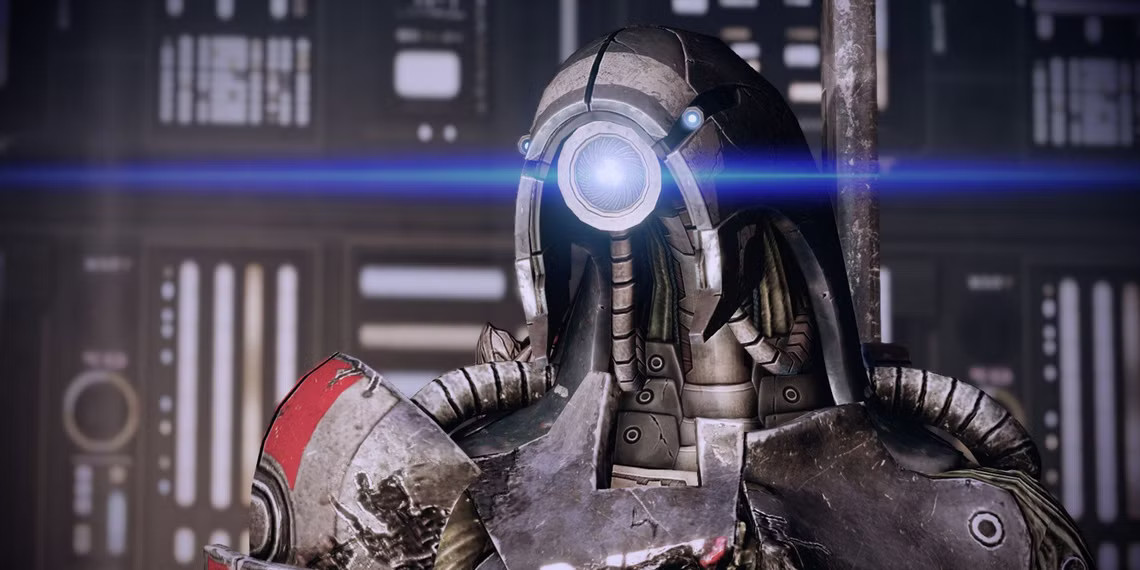Up until fairly recently, if you wanted a high power gaming system, you needed a Windows PC. When it comes to gaming, a PC has numerous advantages over a console, primarily in terms of customization. It’s possible to stay ahead of the curve with the latest and greatest hardware or build a rig to suit your needs and budget. You also have access to more downloadable content and user made mods. However, PC gaming in the last couple of years has been sinking dramatically, along with the quality of the games. Last year, I went off on a rant about how poorly coded PC games were becoming and how the Bioshock demo messed up my computer. I also touched on this problem in my 10 ways to improve gaming list. The sad truth that a lot of enthusiasts are discovering is that PC gaming seems to be dying. The question is why.
The Death of the PC Game
Back in 2006, Microsoft issued it’s “Games for Windows” badge for new titles. The idea was to establish the PC as a legitimate gaming platform and an alternative to consoles. Badged games would be compatible with the new Windows Vista and DirectX 10. Many gamers found they didn’t like Vista since games did not perform as well under the new OS as they did under XP. However, Vista is not to blame for the sinking PC game market. Microsoft’s “Games for Windows” attempt was a good idea but ultimately has collapsed under the backwards thinking game industry. So far this year, no major exclusive titles have been released for the PC platform. Crysis was one of the few exceptions, yet was a game that had insanely high system requirements. Looking through lists of upcoming titles, 2008 holds little promise despite the high number of blockbuster titles appearing on the three console systems.
The developers and publishers are to blame for the collapse of the PC game market, despite there being significant demand for new titles. The industry has become piracy obsessed. This has had a double barreled effect. Developers, due to piracy fears, no longer wish to publish for the PC platform. The second issue is the inclusion of digital rights management (DRM) which has become so intrusive in recent years, it has rendered many games unplayable.
In the case of the first problem, many games began to be released on torrents and P2P servers back in the early 2000s. It is true that many gamers do indeed download games, whether to steal them or as a try-before-buy method. In the case of the latter, PC games are not available for rent so buying can be a real gamble, especially at $60 a pop. If they don’t like the game, chances are they won’t keep it. If they do like it, they’ll likely buy it. The former who steal titles I believe are in a very small minority. So far, there have been no objective studies into this but I believe the number of game pirates to be much smaller than reported.
However unwarranted, the fear of piracy persists. This has led to the punishment of legitimate gamers who legally purchased the game. Back in the mid-2000s, there was a debacle over the Starforce DRM scheme which planted rootkits into peoples computers without them knowing. Sony BMG got in a lot of trouble for doing the same thing since this is technically illegal to do. Further adding to the problem, these rootkits would wreak havoc on some peoples systems, causing crashes and slowdowns for no apparent reason. They were also difficult to remove. The fiasco led to many gamers boycotting games that used Starforce. This eventually led the industry to move away from this method, yet they did not learn the lessons from it. Recently, more games have come to use the SecuROM DRM method. This method of copy protection is the most intrusive to date. Like Starforce, it also installed rootkits without the user knowing. Furthermore, these rootkits are even more difficult to remove. It persists even if the game itself has been uninstalled and deleted from the user’s hard drive. Often, reformatting the hard drive and reinstalling Windows is the only reliable method of deletion. A new feature also forces users to register the game online. Each game has a key code that is not necessarily unique. If yours happens to be a commonly pirated key, you can have access to installing your game blocked without warning even if you legally bought it. Furthermore, the number of “systems” the game can be installed on has been drastically limited. PC gamers who bought Bioshock discovered this. That particular game could be installed on up to five systems but users who reformatted their hard drive, using the same copy of Windows on the same system found that SecuROM still counted this as a different system. Electronic Arts is infamous for using this method and reports have come out that the PC versions of Spore and Mass Effect will contain the most restrictive SecuROM DRM to date. Originally, the scheme would phone home every two weeks to match it with known pirated keys. If it found one, it would abruptly stop you from using the program. EA recently bowed under huge public pressure to remove the “phone home” system. Another issue of concern for many users was that the game would be rendered a coaster if EA decided the game was no longer popular shut down their DRM servers that checked for legitimacy. Mass Effect was a game I was looking forward to buying but I’ve decided not to because of this mess. All this basically amounts to is treating legitimate gamers as common criminals. The problem is that games often do not state what the DRM restrictions are on the box. If they are in the EULA, that matters little since few people read through or even understand the legal mumbo jumbo it contains. Besides, why should you have to sign a damn legal contract just to play a game?! Further salt is added to the wound when you consider that once a game box is opened, you usually cannot return it. If something goes wrong, you’ve paid $60 for something that’s now worthless.
The deterrence argument of DRM makes no sense since those determined enough will always find a way around it. It boils down to deceiving and ripping off legitimate consumers. As a gamer, you can either put up with this garbage as game publishers further tighten their grip on your testicles, or you can move the the plug and play ease of consoles. Indeed, the latter is what a lot of gamers have chosen to do. With the introduction of HD gaming and the fact that the Xbox 360 and PS3 match or outperform most current gaming PCs at lower costs, switching to console makes sense for many.
Aside from DRM, PC games are also plagued with numerous other problems. I discussed the problems with sloppy coding extensively in a previous article. PC gamers are often left with what amounts to a public beta version of games when they first come out. You test the games while developers release patches ad infinitum for problems they should have found before they game was released. Once again, this is a case of deceiving customers. I don’t buy the argument that there are too many hardware variables out there and that its impossible to have the game work for everybody. Every single PC out on the market right now supports x86 processor architecture, either DirectX or OpenGL graphics, Dolby Digital sound, and either Windows XP or Vista. It’s not as if they’re trying to make it run on different architectures, which is the issue with porting Xbox 360 games to the PS3 and vice versa. I have simply bought too many games that I could not get to run on what amounts to a typical system, despite vastly exceeding the system requirements. This is just poor workmanship on the developer’s part. It just shows they have no pride in what they’re doing and that volume sales is being put before quality. Ironically, the games that sell the most historically were the ones that put quality over everything else. In the 1990s when PC gaming was in a golden age, these problems didn’t exist or at least not to the extent they are today. Not all PC games are like this but buying them has certainly become a craps shoot. Gamers simply are not going to keep putting up with paying $60 for garbage. Unfortunately, this issue has begun to enter into consoles now as well. Take Valve’s hack kneed attempted at porting Orange Box to the PS3. When problems were found, gamers were basically told to “go screw” by the developer and publisher. There is absolutely no excuse for this.
Not all is lost though. Some game developers have chosen to go a different route. When Stardock announced space real-time strategy game Sins of a Solar Empire would ship without DRM, the rest of the industry thought they were insane. So far, Sins has sold over 200,000 units, which is respectable for a title that has received almost no mainstream advertising. The industry had honestly figured the game would not do anywhere near as well due to piracy fears. Stardock’s answer to these fears was simple. If you make quality, well made game and sell it for a good price, people will pay for it. What a revolutionary notion that people don’t want to pay for crap! Out of the box, Sins worked. There were no bugs or issues. The game is challenging and entertaining, not something that you play for two hours and have beaten it. Given the amount of awful PC games out there that have a short live experience and are plagued with bugs due to sloppy coding, Sins was a breath of fresh air.
So is there any hope for PC gaming? At this point, I really can’t be optimistic. The way the entire industry does business has to change. Right now, we’re stuck sandwiched between three big companies, EA, Activision, and UBIsoft, who all think and act the same. They’re buying up every single small developer they can get their hands on. As soon as EA bought BioWare, one of the most revered North American RPG developers, they ruined them. That certainly needs to stop. The industry as a whole should take a page from Stardock. PC gaming can be as easy as console gaming but they need to put their baseless piracy fears aside and start hiring competent programers in order to develop titles worth buying. At this point though, PC gaming is dead to me.




